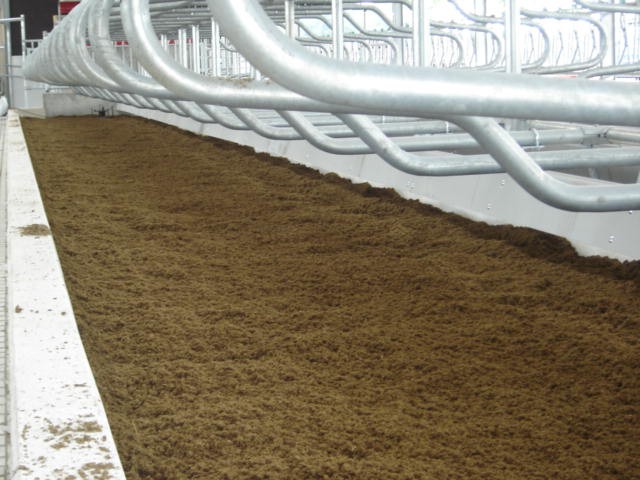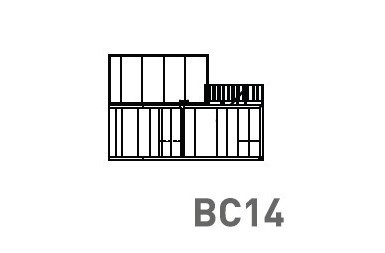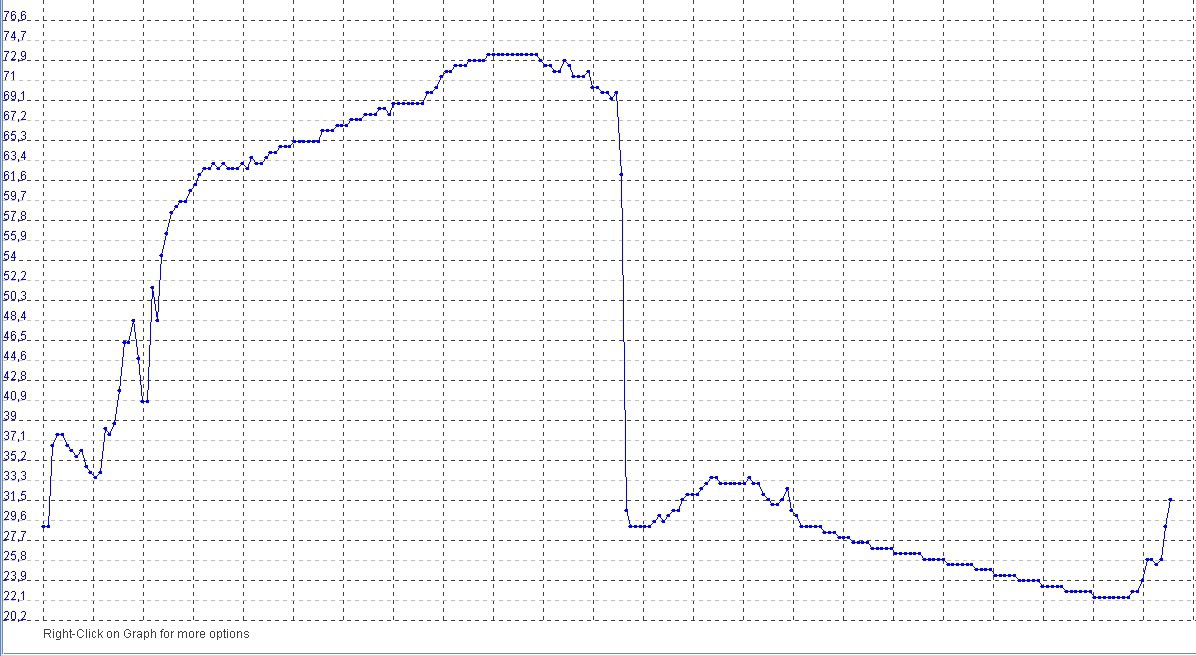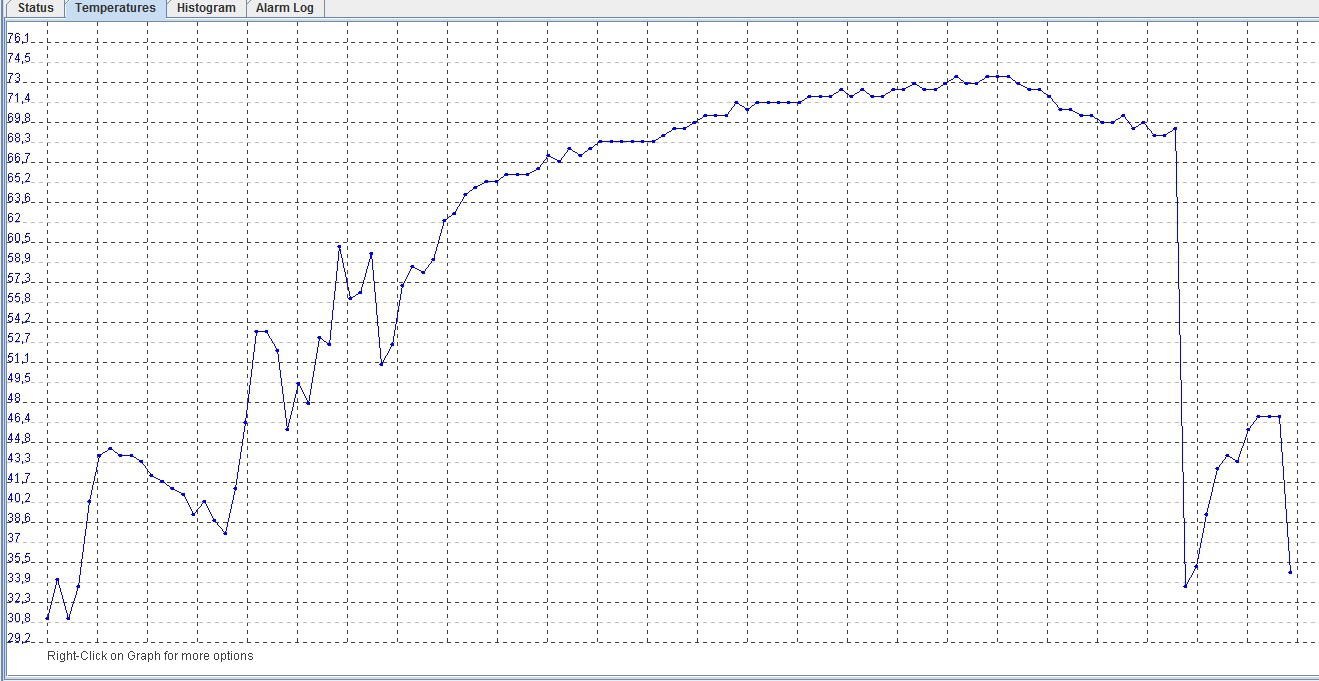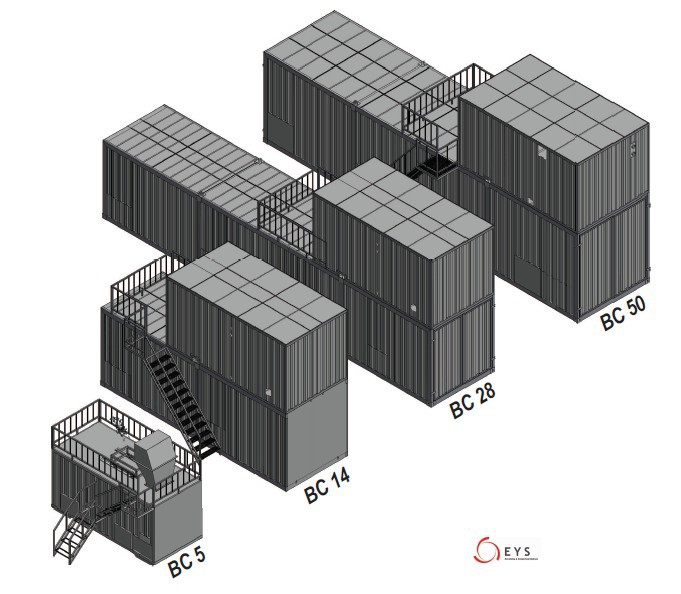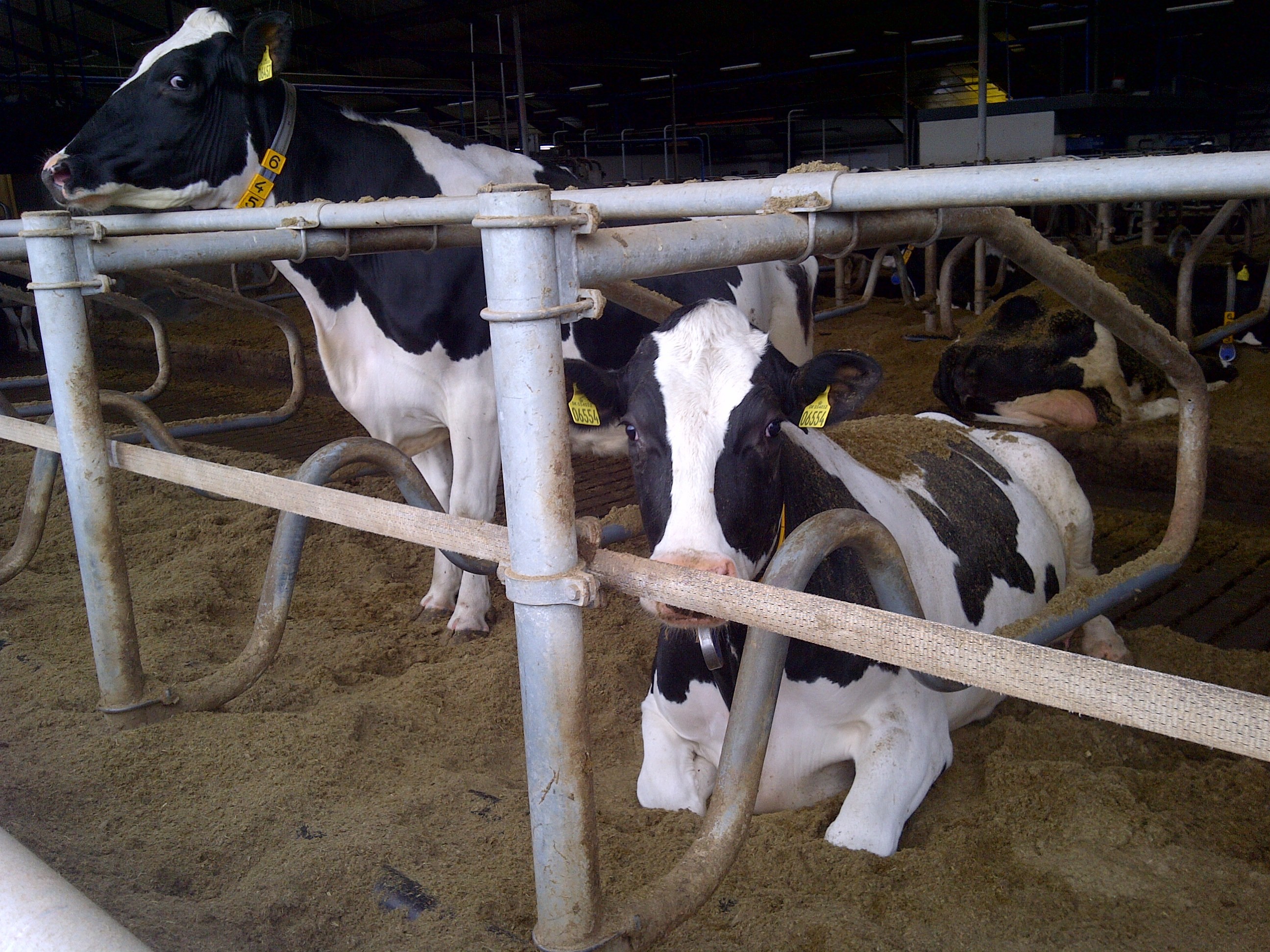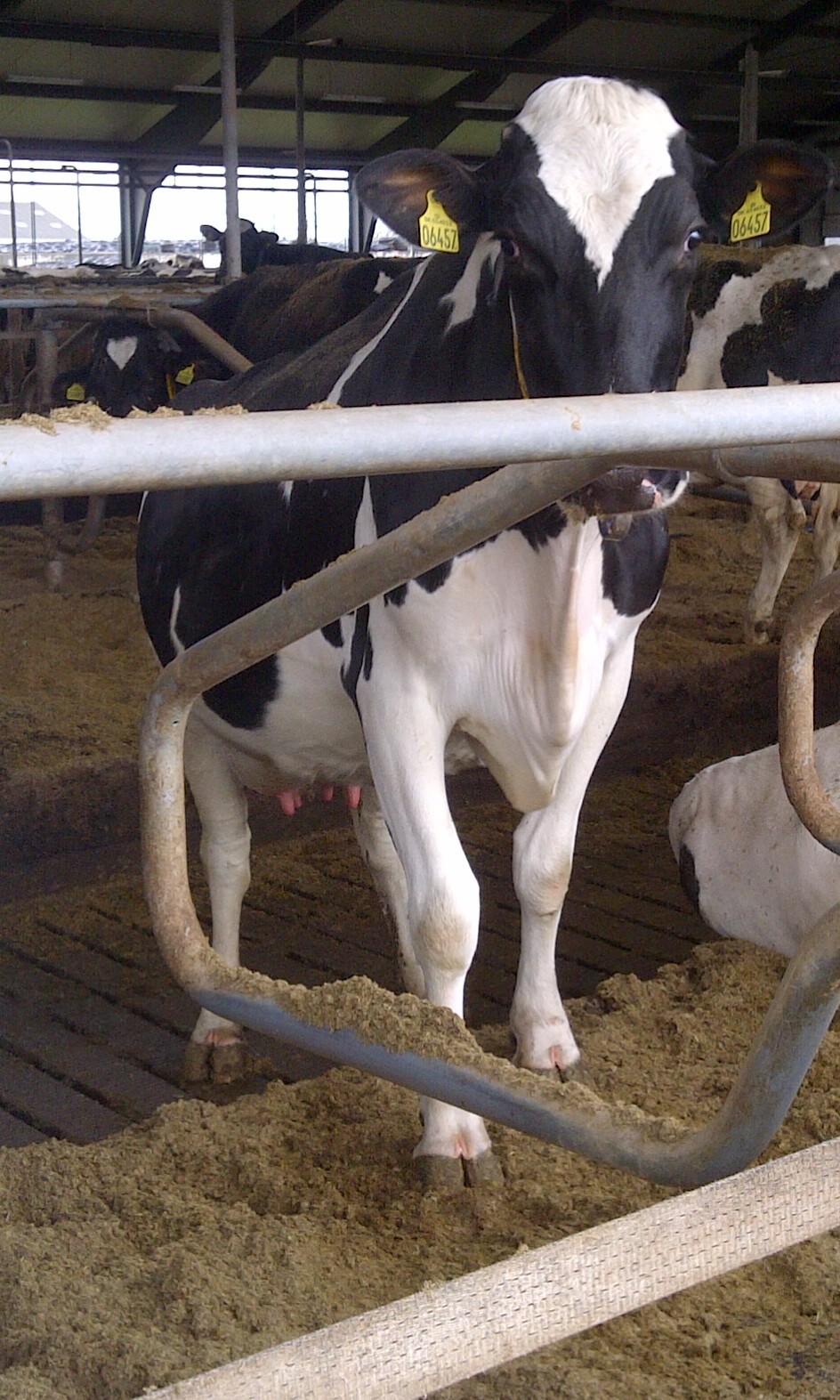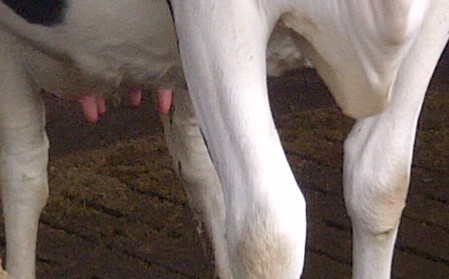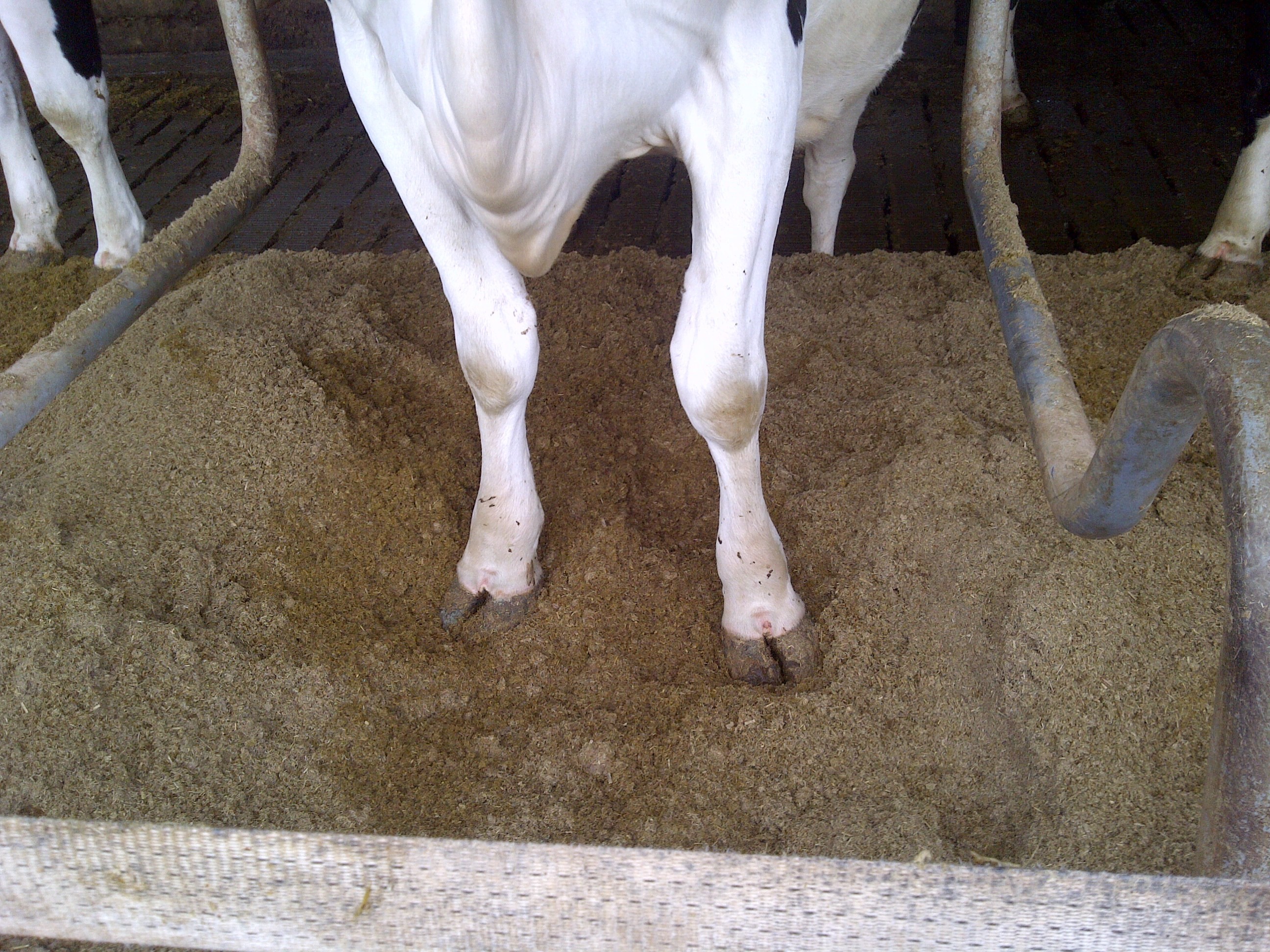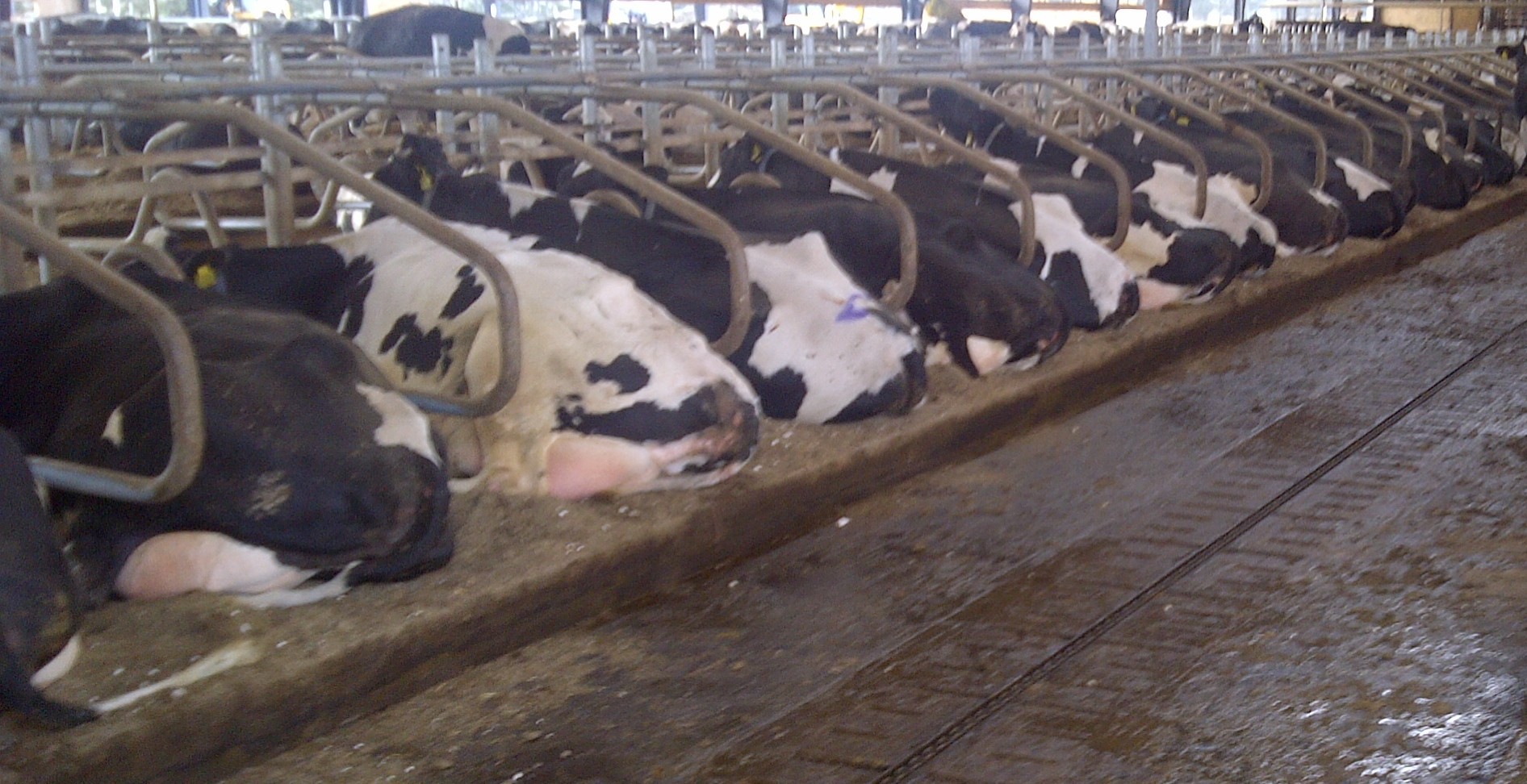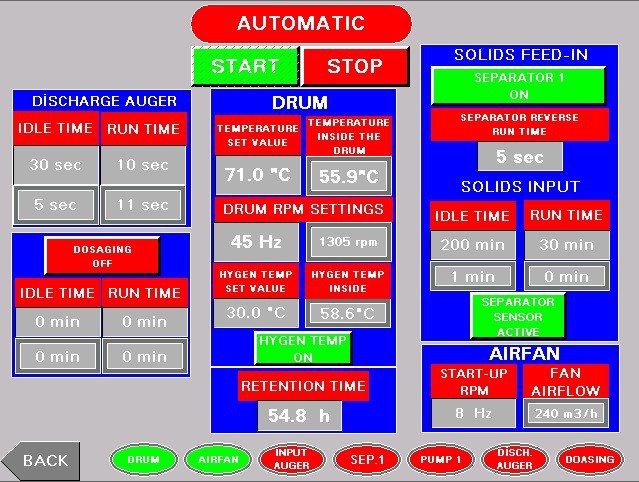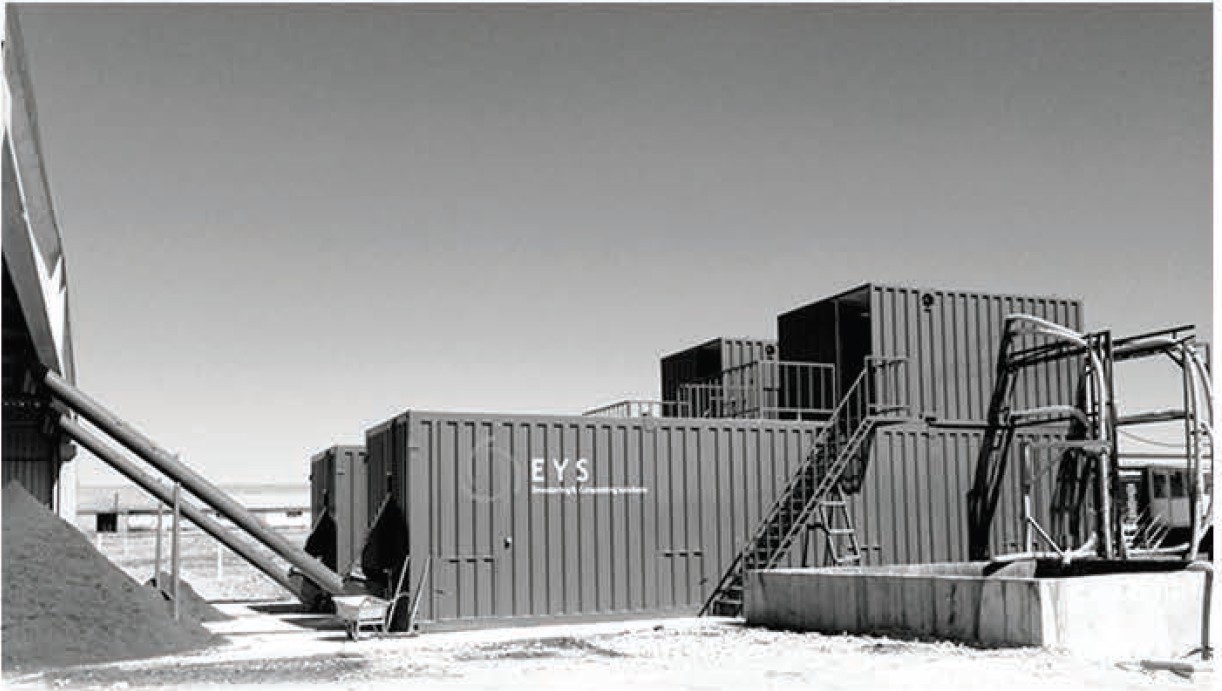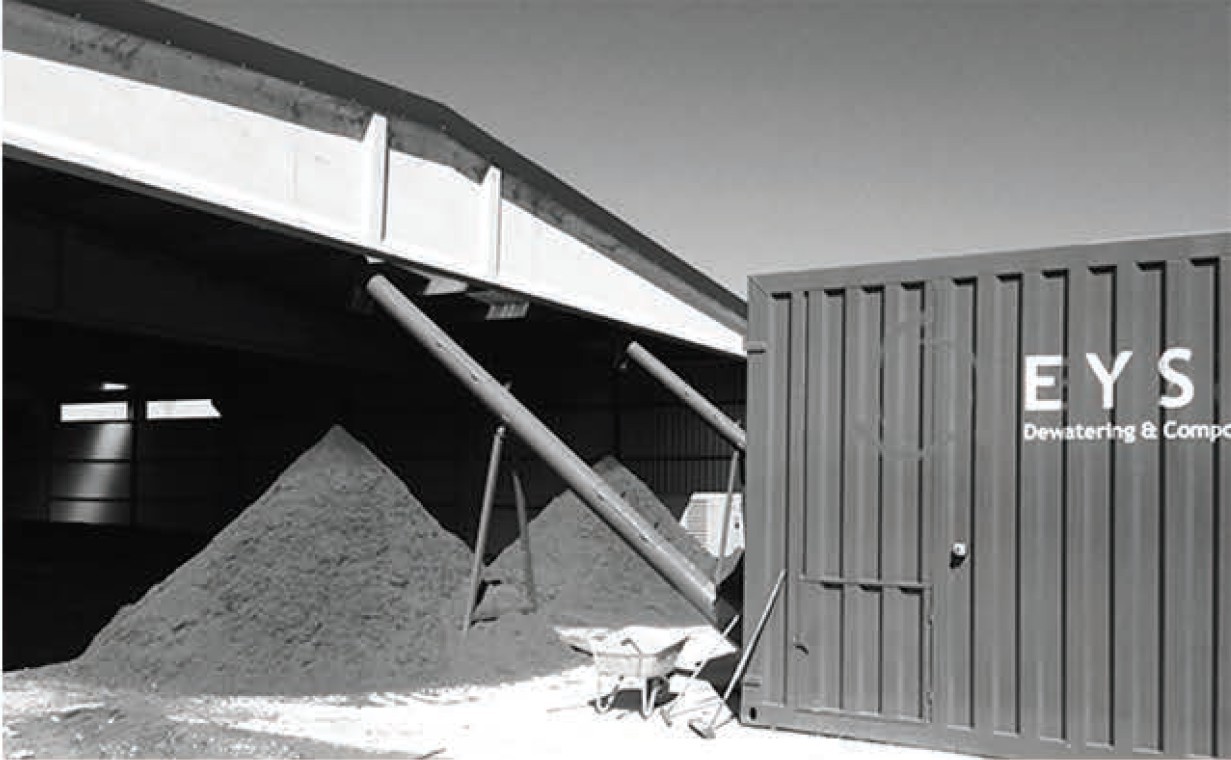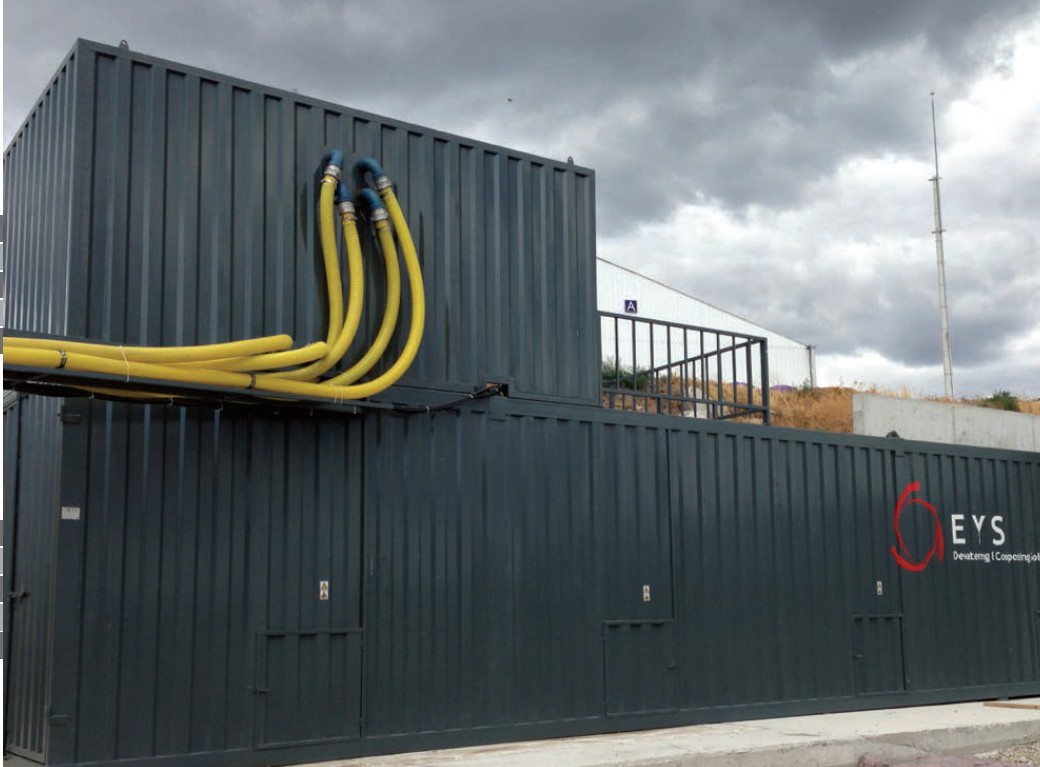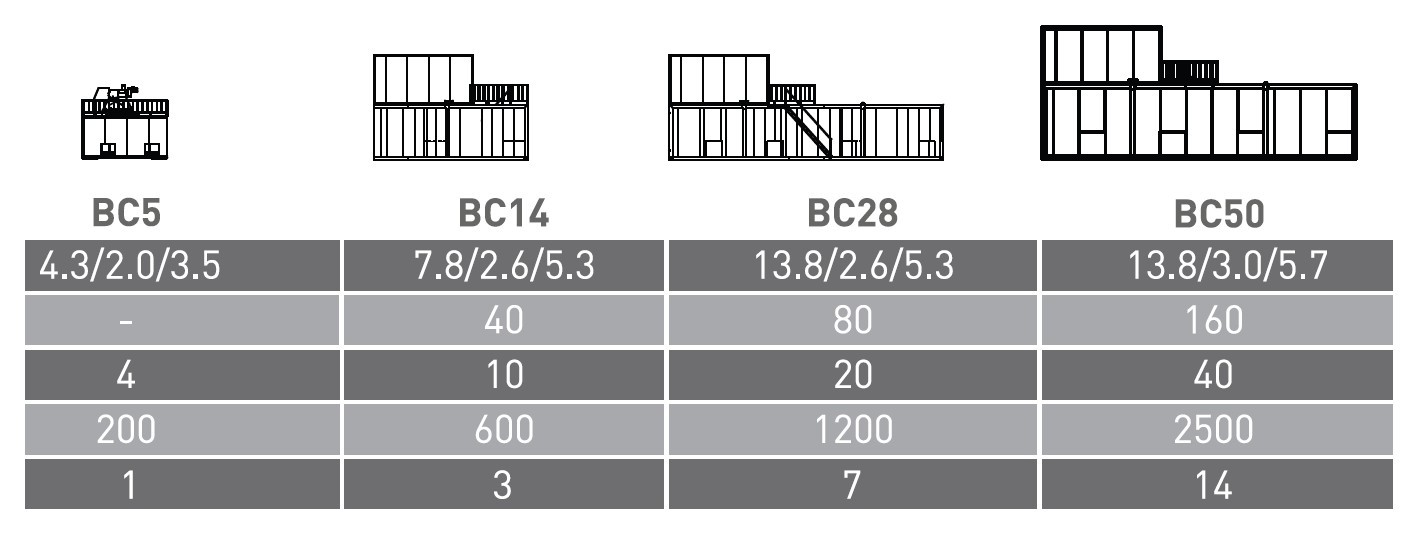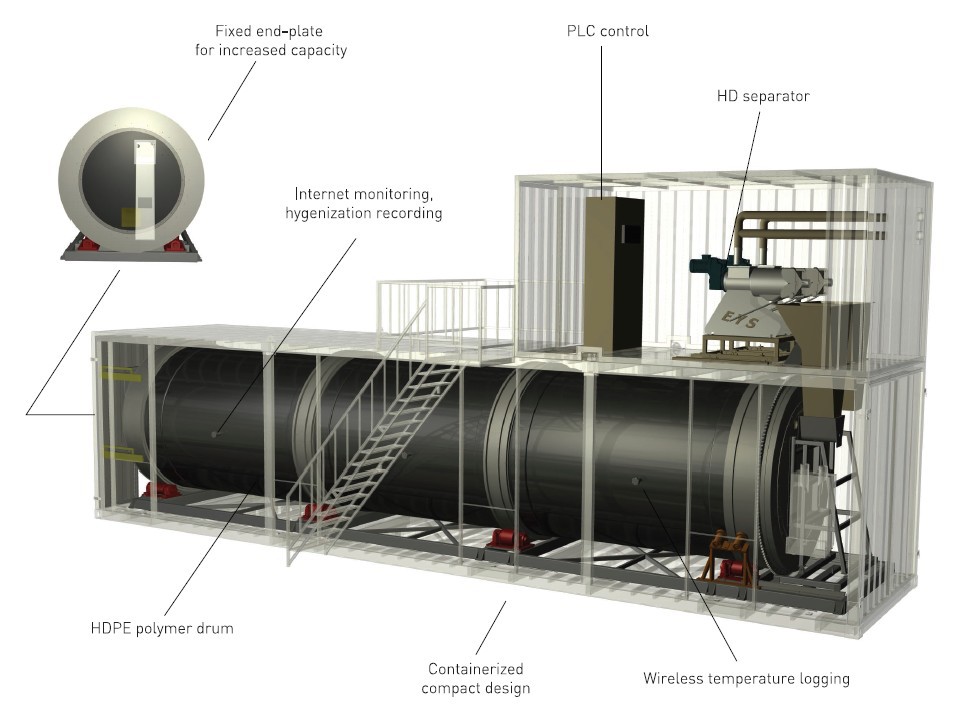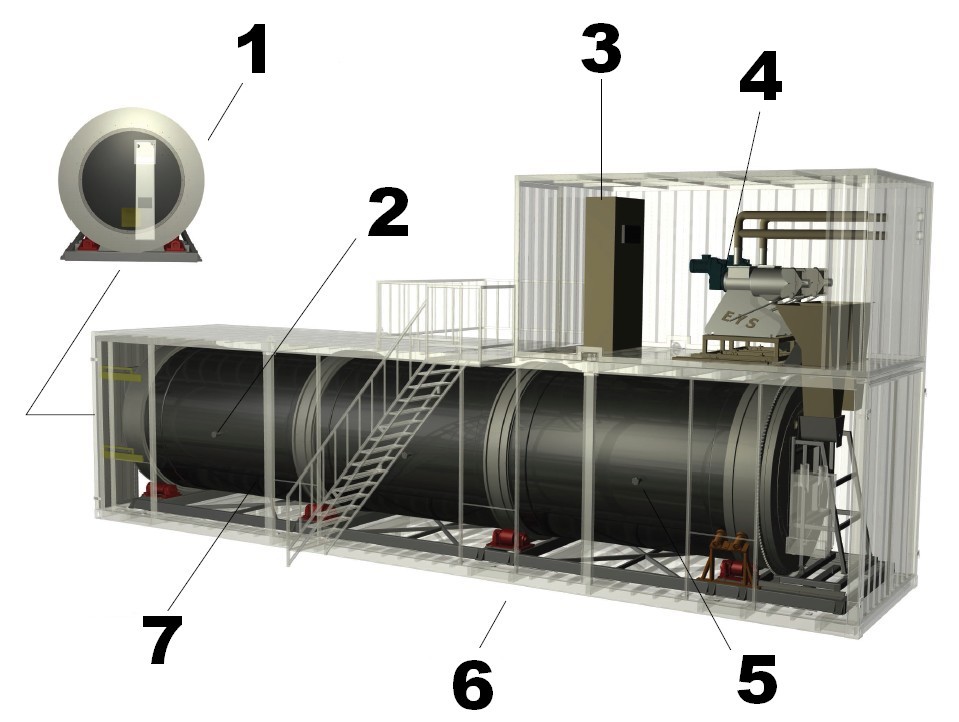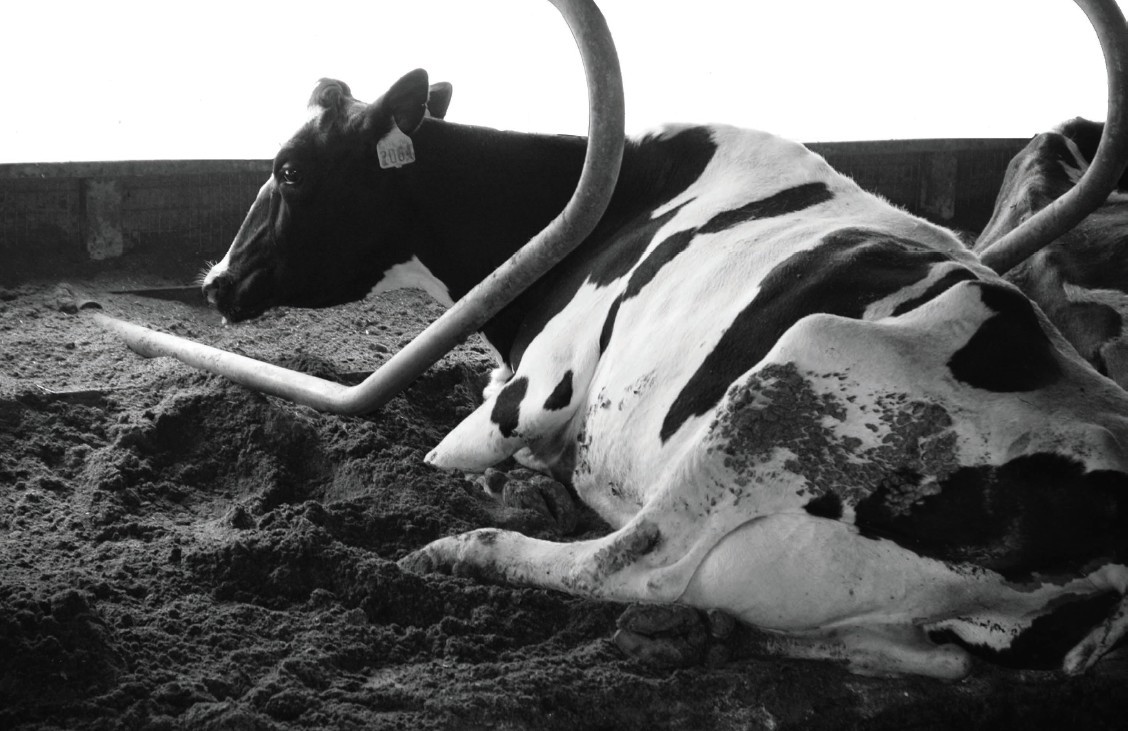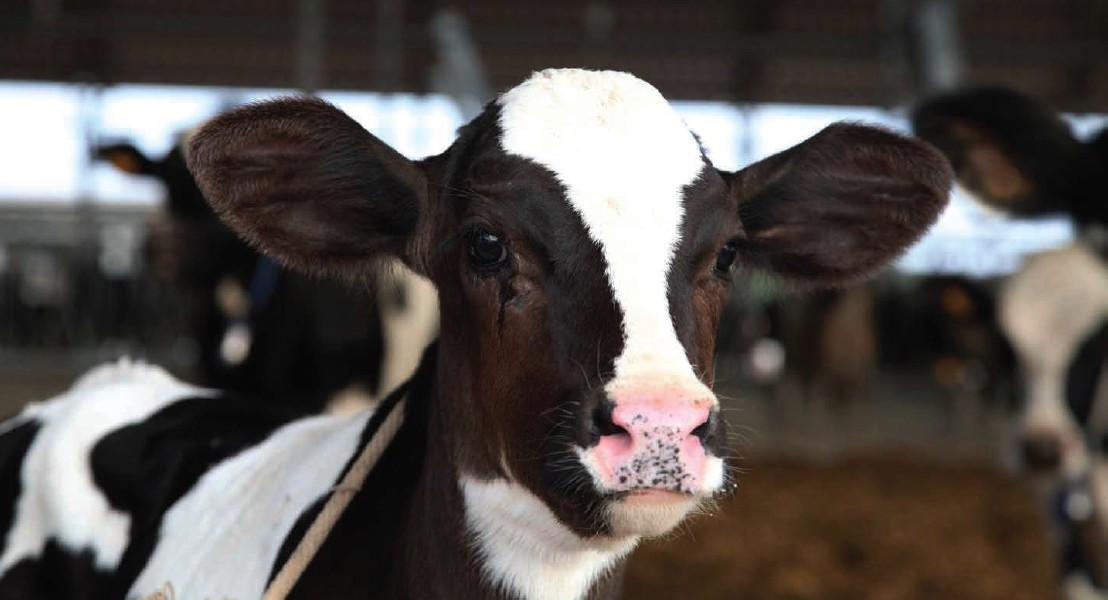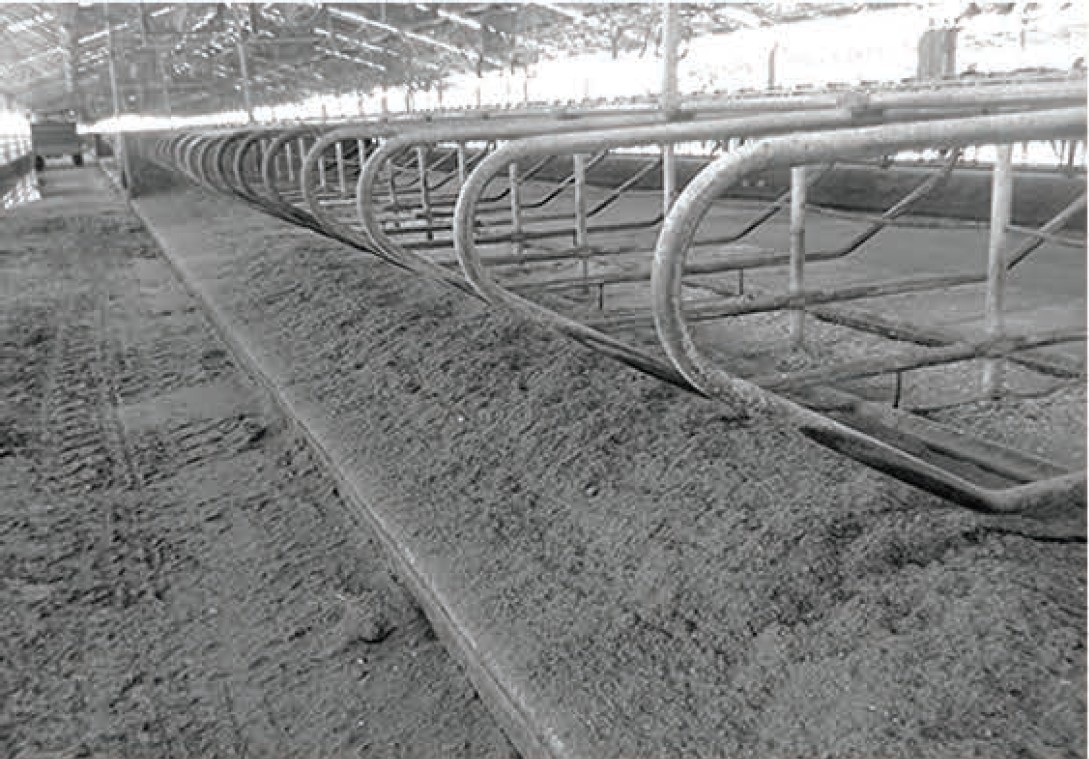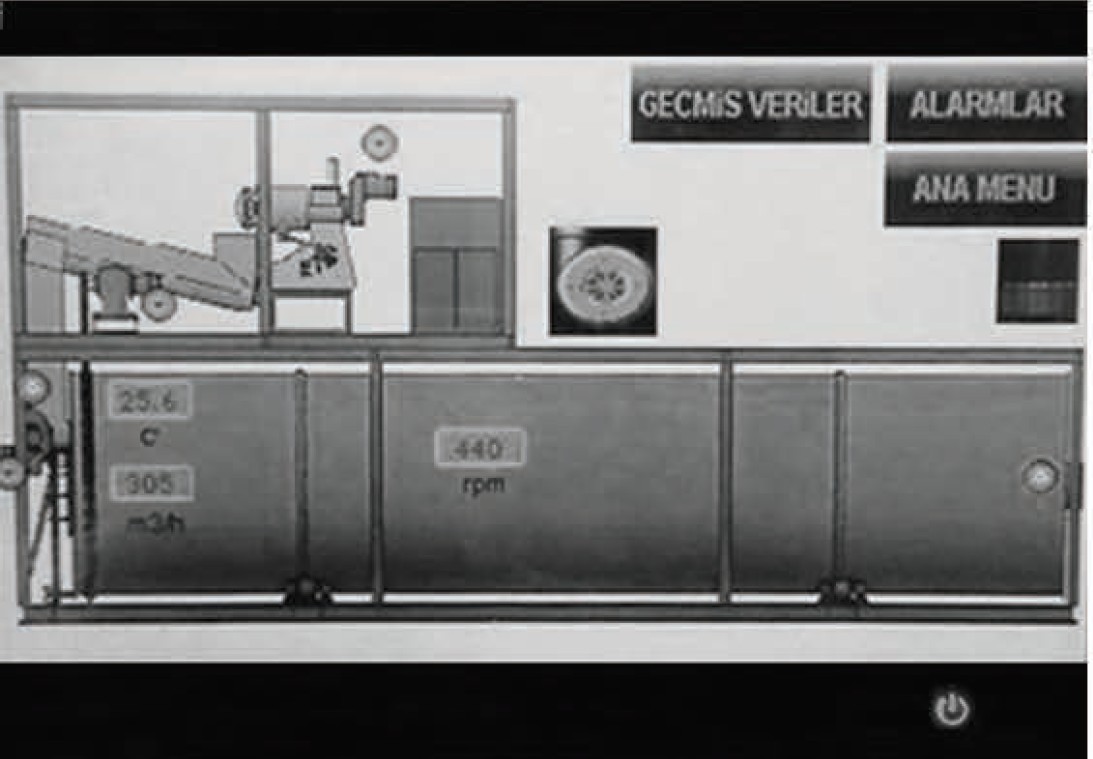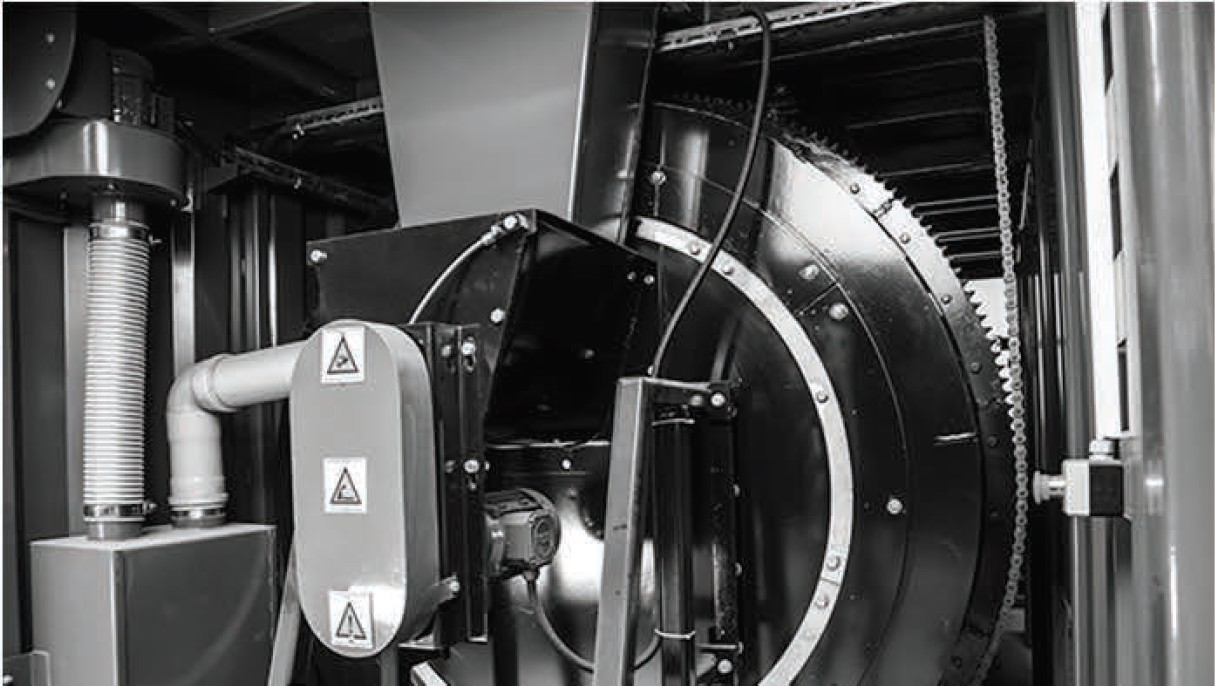Energy biomass challenge
Biomass is derived from organic material such as trees, plants, and agricultural and urban waste. It can be used for heating, electricity generation, and transport fuels. Increasing the use of biomass can help diversify energy supply, create growth and jobs, and lower greenhouse gas emissions. In 2012, biomass and waste accounted for about two-thirds of all renewable energy consumption in the EU.
Sustainable biomass
For biomass to be effective at reducing greenhouse gas emissions, it must be produced in a sustainable way. Biomass production involves a chain of activities ranging from the growing of feedstock to final energy conversion. Each step along the way can pose different sustainability challenges that need to be managed.
Sustainability report
In 2014, the European Commission published a report on the sustainability of solid and gaseous biomass for heat and electricity generation. The report includes information on current and planned EU actions to maximise the benefits of using biomass while avoiding negative impacts on the environment.
Joint Research Centre scientific report on the default and input values for GHG emissions of biomass
Text from
